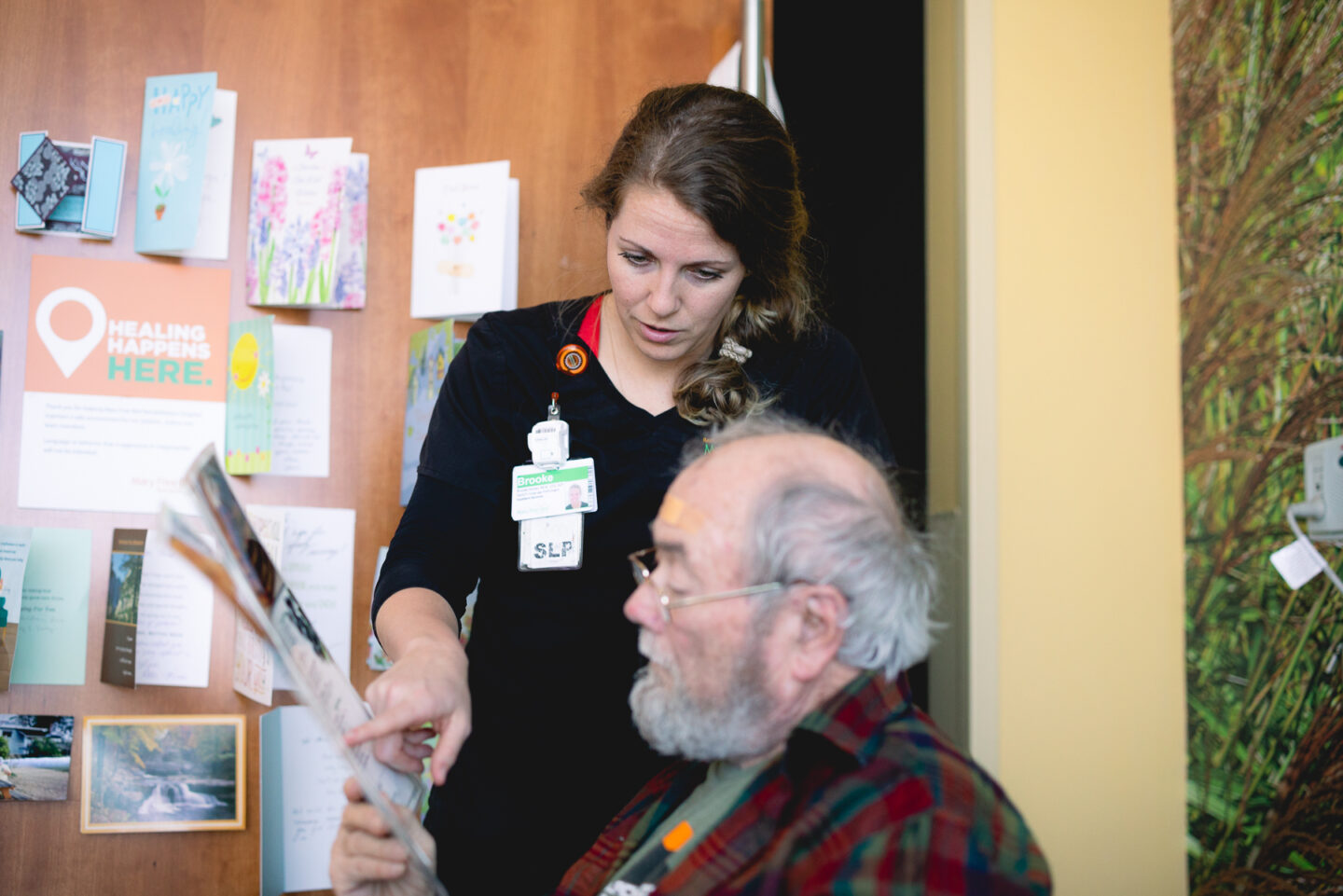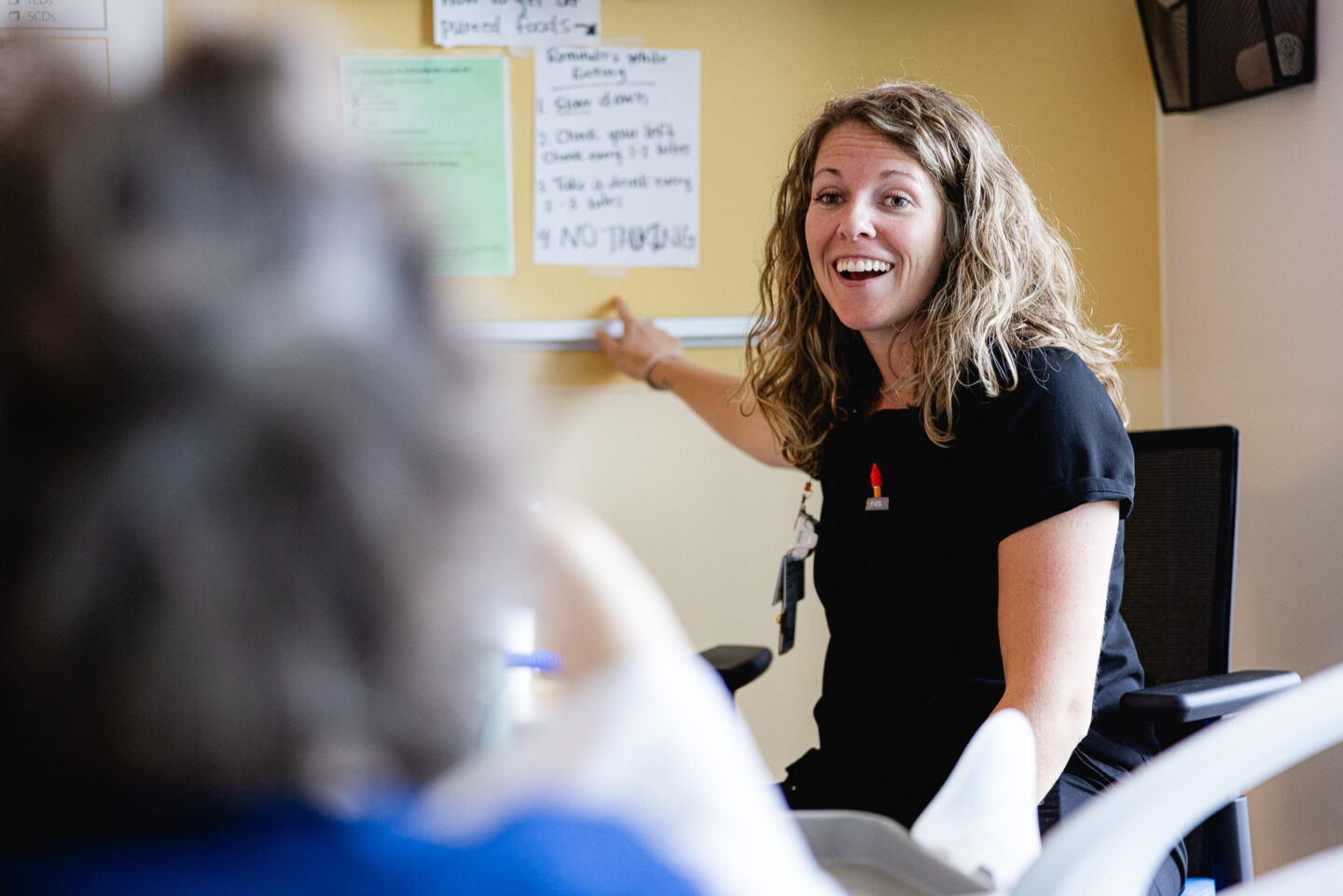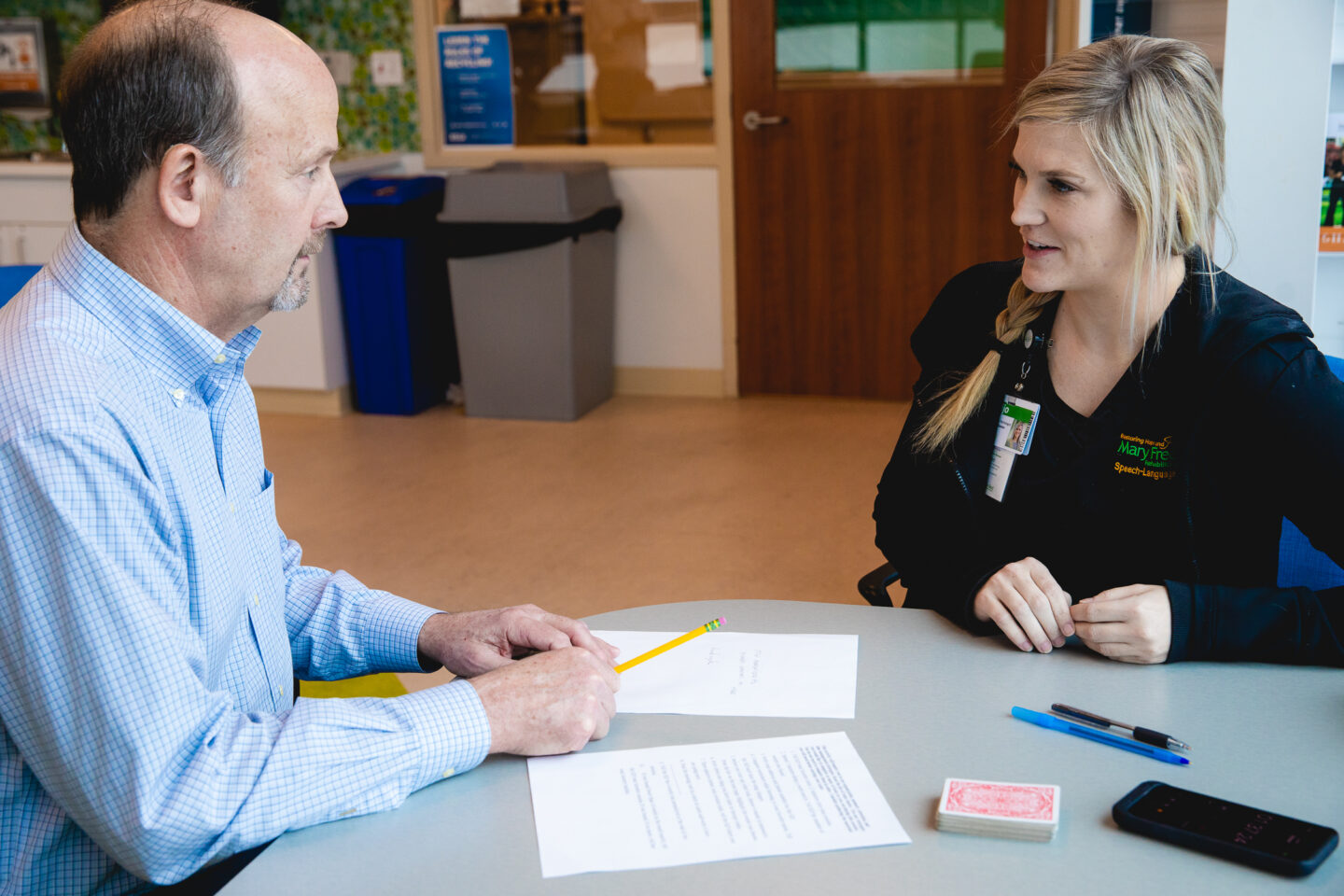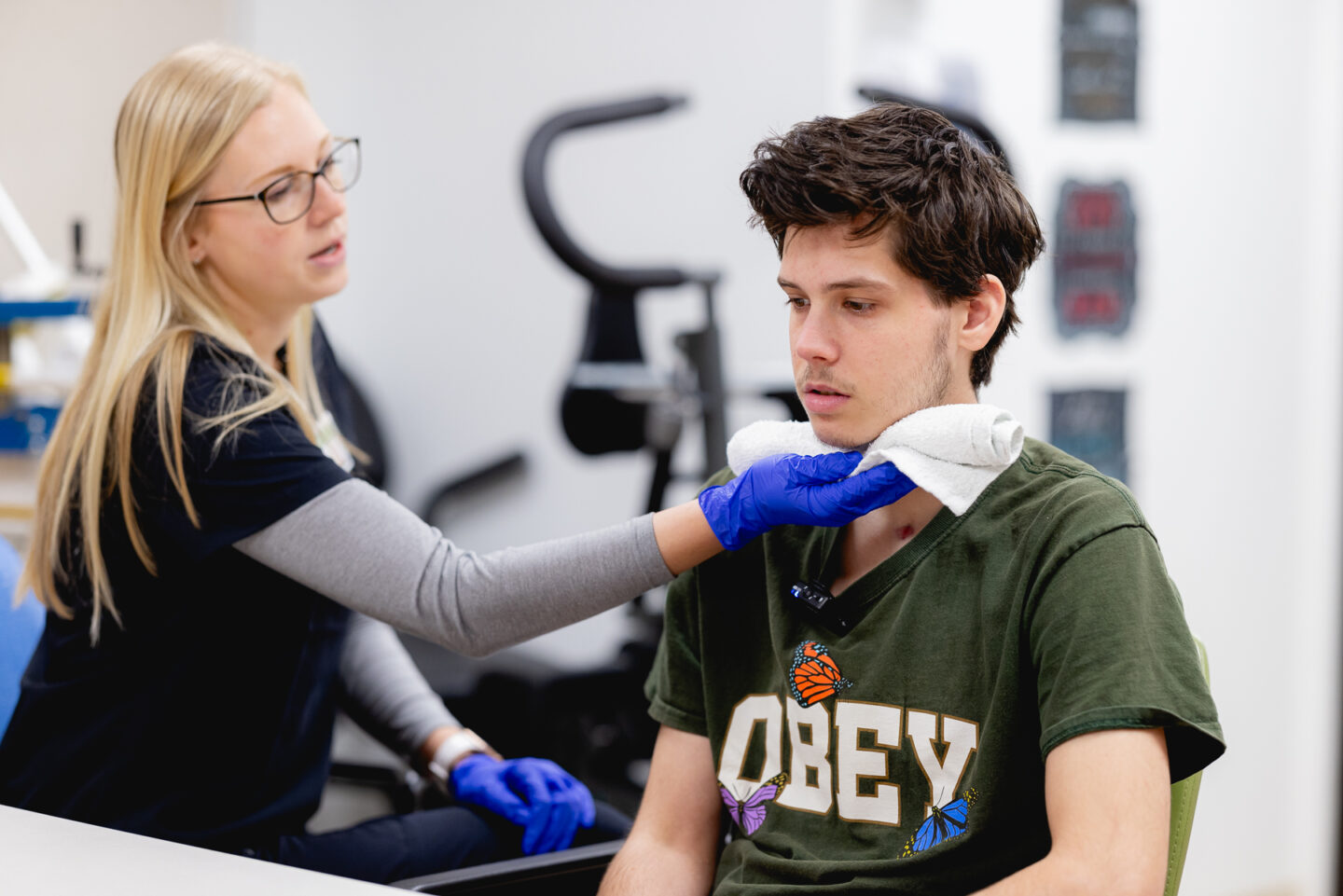Common Causes
Speech and language disorders can result from various conditions, including:
- Neurological disorders (e.g., stroke, traumatic brain injury, Parkinson’s disease)
- Head and neck cancer
- Developmental delays and disorders (e.g., autism, apraxia of speech)
- Injuries (e.g., head trauma, vocal cord damage)
- Surgeries (e.g., cervical neck fusion)
- Chronic conditions (e.g., multiple sclerosis)







